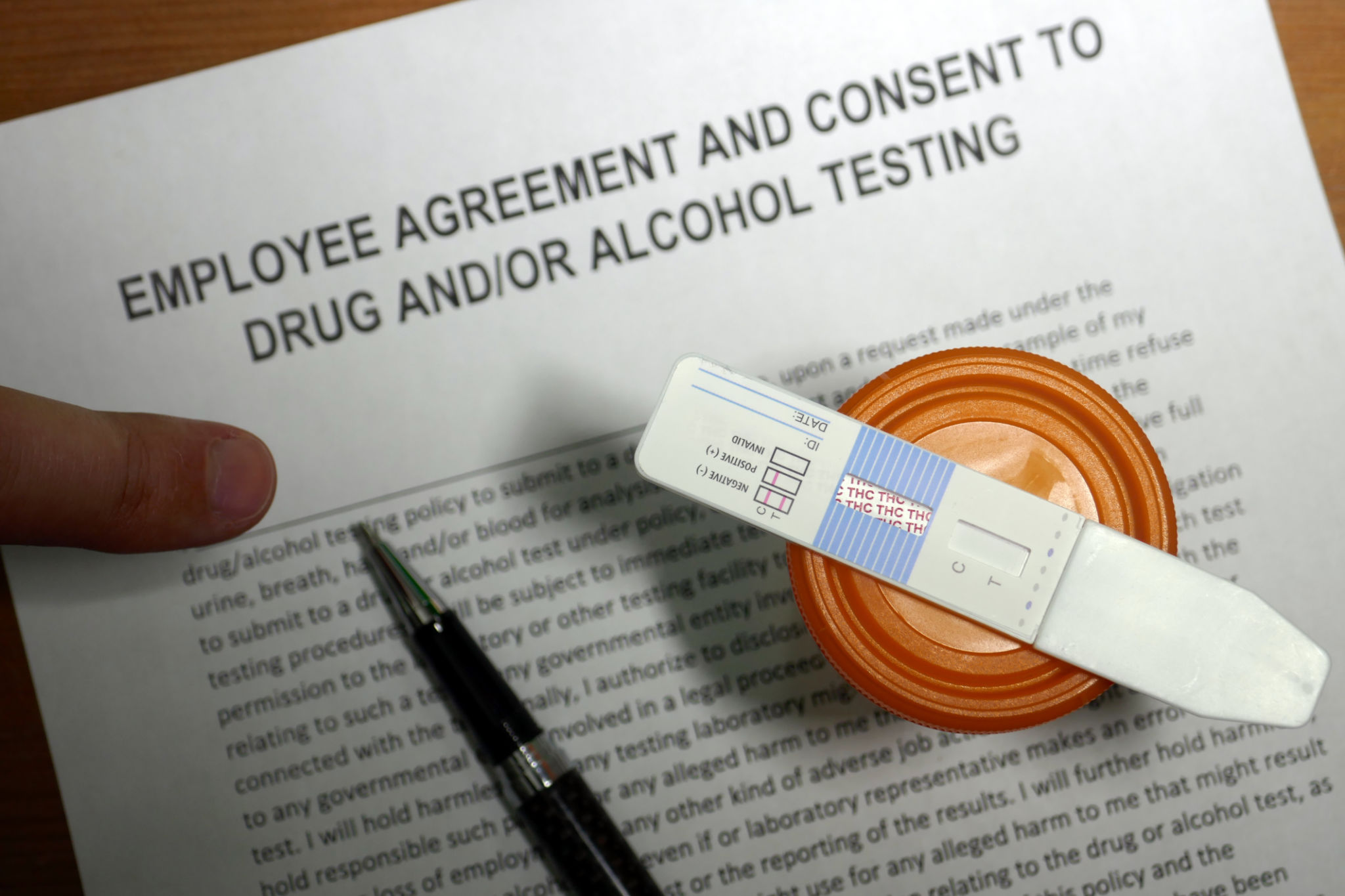The Importance of Workplace Drug Testing: Insights from Old Bridge, NJ
Understanding the Role of Drug Testing in the Workplace
In today's fast-paced business environment, maintaining a safe and productive workplace is a top priority for employers. One effective way to ensure this is through workplace drug testing. Companies in Old Bridge, NJ, and beyond have recognized the importance of implementing drug testing policies as part of their workplace safety and health programs. These measures not only help in promoting a drug-free environment but also enhance overall employee well-being.
Workplace drug testing serves as a preventive measure, deterring employees from substance abuse. By establishing a clear policy, employers can communicate their commitment to safety and productivity, thereby fostering a culture of responsibility among employees. This proactive approach can significantly reduce the risks associated with substance abuse, such as accidents, absenteeism, and decreased productivity.

The Benefits of Implementing Drug Testing Policies
Enhancing Safety and Productivity
The primary benefit of workplace drug testing is the enhancement of safety. By identifying and addressing substance abuse issues among employees, companies can significantly reduce the likelihood of workplace accidents. This is especially crucial for industries where safety is paramount, such as construction, transportation, and manufacturing. A safer workplace not only protects employees but also minimizes costs related to accidents and insurance claims.
Moreover, drug testing contributes to higher productivity levels. Employees who are free from substance abuse are more likely to be focused, efficient, and motivated, leading to improved overall performance. This can result in better business outcomes and a more positive work environment.

Reducing Legal and Financial Risks
Implementing drug testing policies also helps companies in Old Bridge, NJ, mitigate legal and financial risks. Substance abuse can lead to increased liability for employers, especially if it results in accidents or injuries on the job. By conducting regular drug tests, companies can demonstrate due diligence in maintaining a safe workplace, which can be critical in legal disputes.
Additionally, drug testing can lead to cost savings by reducing healthcare and insurance expenses. Employees who misuse substances often incur higher medical costs, which can impact the company's bottom line. By addressing these issues proactively, businesses can manage their expenses more effectively.

Implementing Effective Drug Testing Programs
Choosing the Right Testing Methods
To implement an effective drug testing program, it is essential to choose the right testing methods. Employers have several options, including urine, hair, saliva, and blood tests. Each method has its advantages and limitations, so it's crucial to select one that aligns with the company's needs and industry standards. In Old Bridge, NJ, many companies opt for a combination of methods to ensure comprehensive screening.
It's also important to establish clear policies regarding when and how tests will be conducted. For instance, tests may be performed during pre-employment screening, post-accident investigations, or on a random basis. Clearly outlining these procedures can help maintain transparency and fairness in the testing process.
Communicating Policies and Supporting Employees
Effective communication is key to the success of any drug testing program. Employers should ensure that all employees are aware of the company's drug testing policies and the consequences of non-compliance. This can be achieved through regular training sessions, employee handbooks, and open discussions.
Furthermore, supporting employees who may be struggling with substance abuse is crucial. Providing access to counseling services or employee assistance programs can encourage individuals to seek help without fear of stigma or repercussions. This compassionate approach not only aids in recovery but also strengthens employee loyalty and trust.
